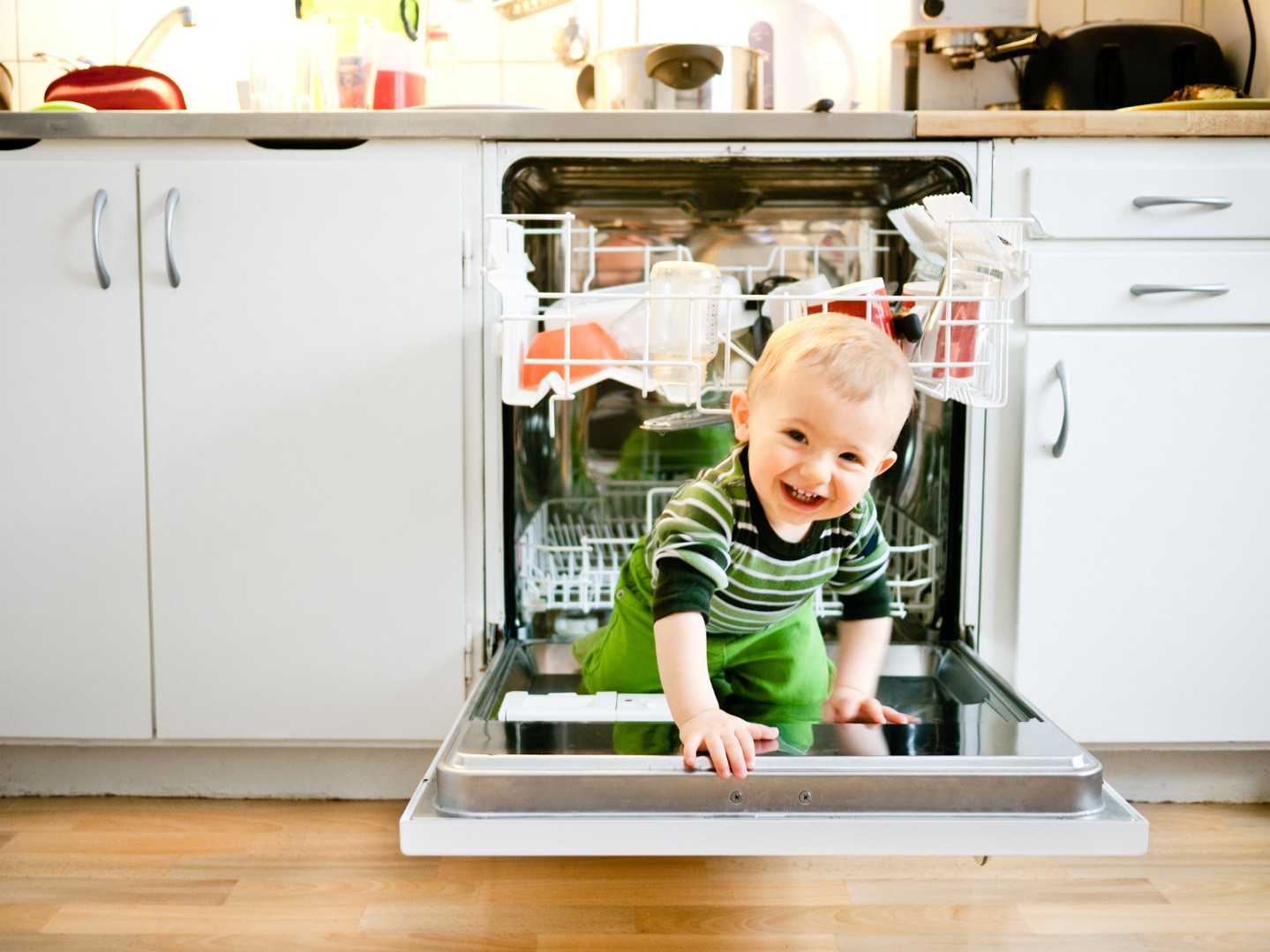Melatonin Overdose in Kids: Essential Advice for Parents
JUN 13, 2024If melatonin is in your medicine cabinet, heed this important message: accidental ingestions by children have risen dramatically.
Read More
Your baby can crawl! How exciting! What a great milestone. And what is it that your baby crawls to 9 out of 10 times – the very thing you don't want them to touch: stairs, electrical outlets, cords, anything expensive or breakable, cell phones, remote controls. Time to baby proof! Low shelves emptied of all contents – check. Stairs gated – check. Outlet covers in place – check. Now you must turn your attention to other household hazards.
As parents, we are on the lookout for things that can harm our children like falls or sharp objects but we may forget about the deadly poisons we keep within reach of our children. Some of the most common harmful items ingested by young children include cleaning products, cosmetics and hygiene products, items stored in the garage and basement, and medication. In 2012 the Nebraska regional poison center received 29,920 calls regarding human poisonings with 58% of the poisoning exposures involving children under 6 years of age. By far the age that is at the most risk is ages 1-3 years. To prevent exposure to dangerous items, they should be kept either out of reach or in a locked cabinet.
So your house is now sealed tight of all hazardous material, so you're covered, right? Not yet, think about other places that your child may go. I don't know how many times I admitted a child into the hospital who got into grandma's medicine. Grandma doesn't have children living at her house so she keeps her pills in her daily pill box on the table so that she can remember to take them. She doesn't have locks on her cabinets where she keeps the bleach because she doesn't have a curious crawling child at her house all of the time. And Grandma may take medicine for her blood pressure, arthritis, diabetes, or chronic pain, all types of medications that are very dangerous to little children. So it would be best to remind Grandma, or other people who take care of your child, that some changes may need to be made to their usual routine as well.
One more area to reassess medication storage is your very own purse. I am guilty of putting a few ibuprofen pills in a bag in my purse so I wouldn't have to hear the whole bottle rattle all day. But of course, this is a great way of allowing easy access to your small child. Pills that are kept in a purse, diaper bag, or bag of any type should be in a childproof container so that when your little one is digging around for some yummy treats they don't get confused and try some medicine instead.
Final thought: just because you have done all of these things to make your house safer for your little one, they cannot replace good old-fashioned supervision. No matter what we do, nothing is ever fully child proof!
Please check out the Nebraska Poison Control website for more information about how to prevent poisonings at nebraskapoison.com

If melatonin is in your medicine cabinet, heed this important message: accidental ingestions by children have risen dramatically.
Read More
When it comes to breastfeeding, some is better than none, even if it means deviating from the "perfect" ideal.
Read More
SIDS is the term used when a baby younger than age 1 dies and there’s no known cause.
Read MoreWhen you need local health information from a trusted source, turn to the CHI Health Better You eNewsletter.